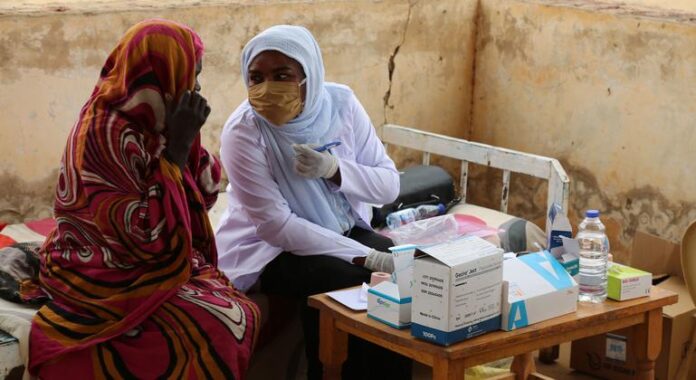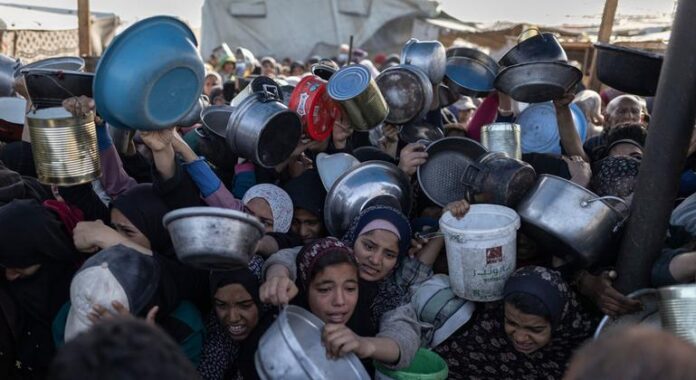Member States had paid just $1.8 billion towards the UN’s $3.7 billion regular budget for 2025, as of 9 May. Including unpaid contributions from previous years, total unpaid assessments stand at approximately $2.4 billion as of 30 April.
The United States is the largest debtor at about $1.5 billion, as the Trump Administration is withholding funds to cut what it sees as unnecessary spending.
Other major contributors with unpaid dues include China ($597 million), Russia ($72 million), Saudi Arabia ($42 million), Mexico ($38 million) and Venezuela ($38 million). An additional $137 million is yet to be paid by other Member States.
The UN’s separate peacekeeping budget faces a similar crisis, with $2.7 billion in unpaid assessments as of 30 April.
Amidst the fiscal challenges, Secretary-General António Guterres in March launched the UN80 initiative to improve efficiency, streamline operations and reduce costs – including a possible 20 per cent staff cut through eliminating duplication.
Women, health, refugee support at risk
The situation is equally concerning at UN agencies and programmes, which have their own budgets and funding channels.
The UN sexual and reproductive health agency, UNFPA, for instance has warned that women and girls in crisis zones – such as the Democratic Republic of the Congo (DRC), Haiti, Sudan and Afghanistan – are already suffering from shrinking support.
Cuts have slashed the ability to hire midwives, supply essential medicines, deploy health teams, and provide safe spaces for survivors of sexual violence.
In Mozambique, nearly 750,000 displaced persons and refugees are in urgent need of protection, but the UN refugee agency (UNHCR) warns it may have to suspend essential services, including healthcare, education, and support for survivors of gender-based violence, with only one-third of its funding appeal met.
HIV/AIDS programs are also at risk. In Tajikistan, UNAIDS Country Director Aziza Hamidova reports that 60 per cent of HIV programme support is in jeopardy. Community health centers have already closed, outreach has been cut, and access to PrEP testing and counseling has dropped sharply.
Dwindling funds for crisis response
The Office for the Coordination of Humanitarian Affairs (OCHA) – which leads UN’s response to crisis – is raising alarms over the cascading impact of funding gaps.
In Sudan, only 13 per cent of the $4.2 billion needed for 2025 has been received, forcing 250,000 children out of school. In the DRC, gender-based violence cases have surged 38 per cent, but programmes are shutting down. In Haiti, cholera response efforts risk collapse. Meanwhile, just 25 per cent of Ukraine’s 2025 humanitarian appeal has been funded, jeopardizing critical services.
UN Emergency Relief Coordinator and head of OCHA, Tom Fletcher, has already announced staff cuts and scaling back of some country programmes.












